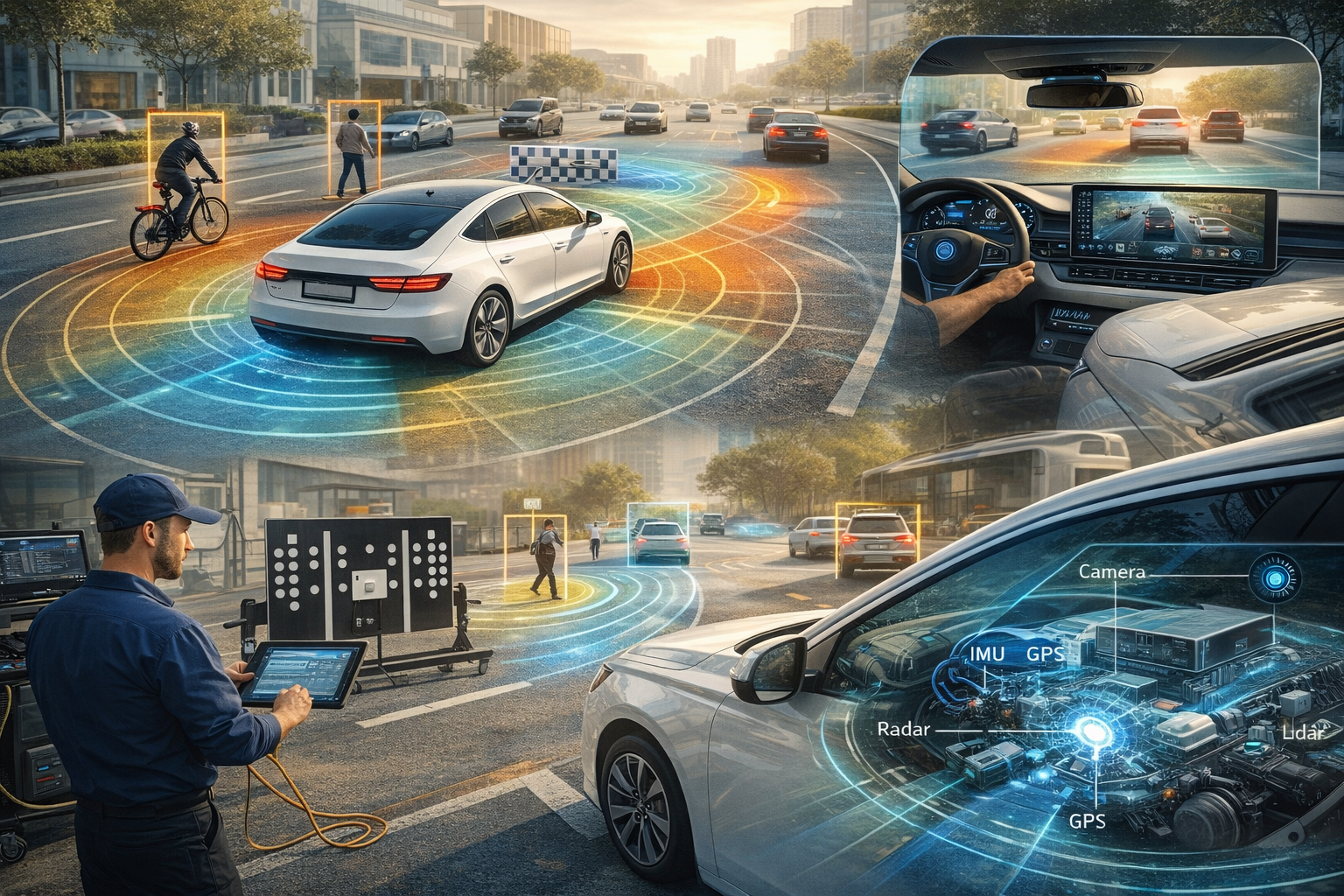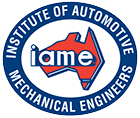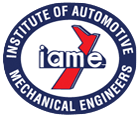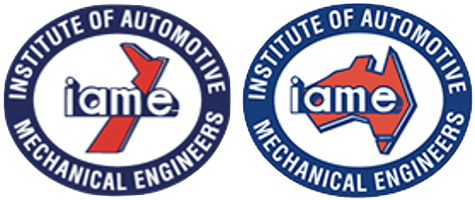Introducing the Future of Transportation: The FTH12 Hydrogen City Bus
In the realm of sustainable transportation, innovations are continually reshaping the landscape of urban mobility. Among the latest advancements is the highly anticipated release of the FTH12 Hydrogen City Bus. Representing a ground-breaking fusion of eco-conscious design and cutting-edge technology, this revolutionary vehicle is poised to redefine public transportation as we know it.
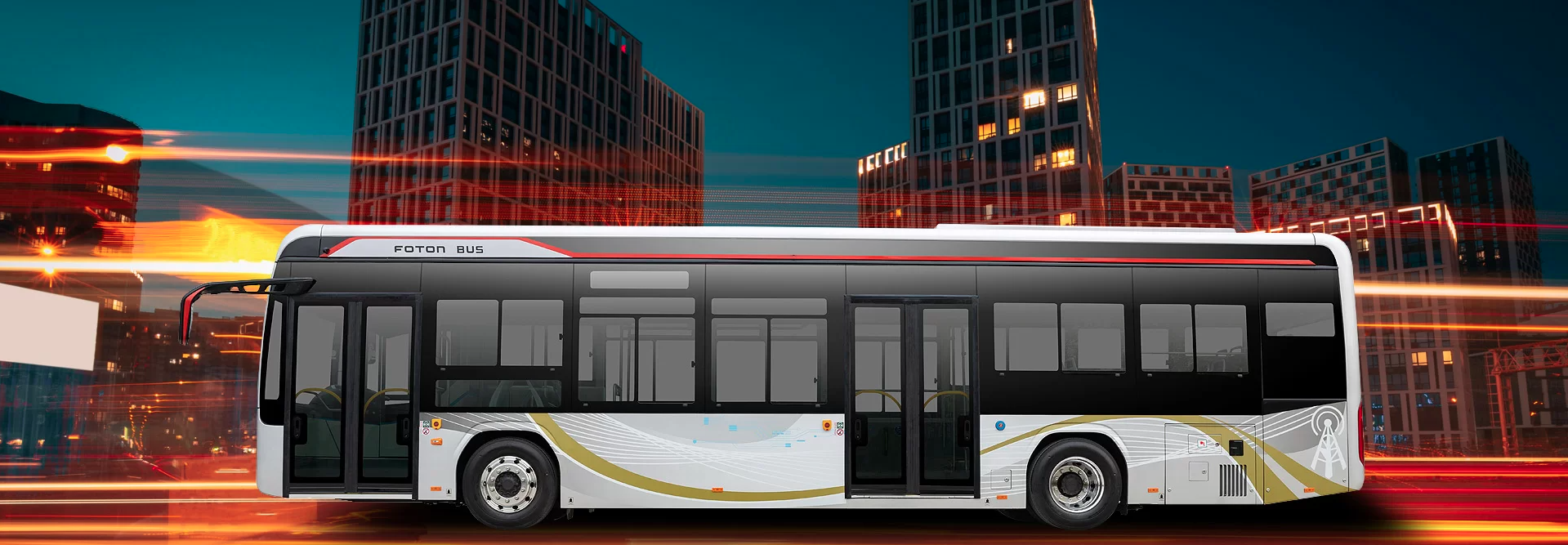
Exceptional Performance
At the heart of the FTH12 Hydrogen City Bus lies a powerful propulsion system fueled by hydrogen—a clean, renewable energy source. Unlike traditional diesel buses, which emit harmful pollutants into the atmosphere, this hydrogen-powered marvel produces zero emissions, making it a champion of environmental sustainability.
But its benefits extend beyond its eco-friendliness. The FTH12 boasts exceptional performance metrics, including:
- Range: With its advanced hydrogen fuel cell technology, the FTH12 can travel impressive distances on a single tank, ensuring reliable service throughout urban environments without the need for frequent refueling stops.
- Power: The FTH12's electric motor delivers swift acceleration and smooth operation, enhancing passenger comfort and overall efficiency.
- Quiet Operation: Thanks to its electric propulsion system, the FTH12 operates with minimal noise pollution, providing a serene environment for both passengers and pedestrians alike.
- Safety: Equipped with state-of-the-art safety features, including advanced collision avoidance systems and reinforced construction, the FTH12 prioritizes passenger safety above all else.
Warranty and Reliability
In addition to its stellar performance, the FTH12 Hydrogen City Bus comes with an industry-leading warranty package, ensuring peace of mind for operators and passengers alike. Backed by the manufacturer's commitment to quality and reliability, this warranty covers:
- Powertrain: The FTH12's hydrogen fuel cell and electric propulsion system are protected against defects in materials and workmanship, providing operators with assurance regarding the longevity and performance of their investment.
- Components: From onboard electronics to suspension systems, every component of the FTH12 is covered under the comprehensive warranty, minimizing the financial burden of unexpected repairs and maintenance.
- Service and Support: Alongside the warranty coverage, operators of the FTH12 Hydrogen City Bus can expect unparalleled customer service and technical support from the manufacturer, ensuring prompt resolution of any issues that may arise during operation.
Ordering Information
Excited to introduce this groundbreaking vehicle into your fleet? Ordering the FTH12 Hydrogen City Bus is a straightforward process, with options for customization to suit the unique needs of your transportation network. Whether you're a municipal transit agency seeking to reduce carbon emissions or a private operator looking to offer eco-friendly transportation solutions, the FTH12 is the perfect choice.
With its exceptional performance, unmatched warranty coverage, and commitment to sustainability, the FTH12 Hydrogen City Bus represents the pinnacle of modern transportation technology. By embracing hydrogen fuel cell technology, this innovative vehicle is not just shaping the future of urban mobility—it's leading the charge towards a cleaner, greener tomorrow.
